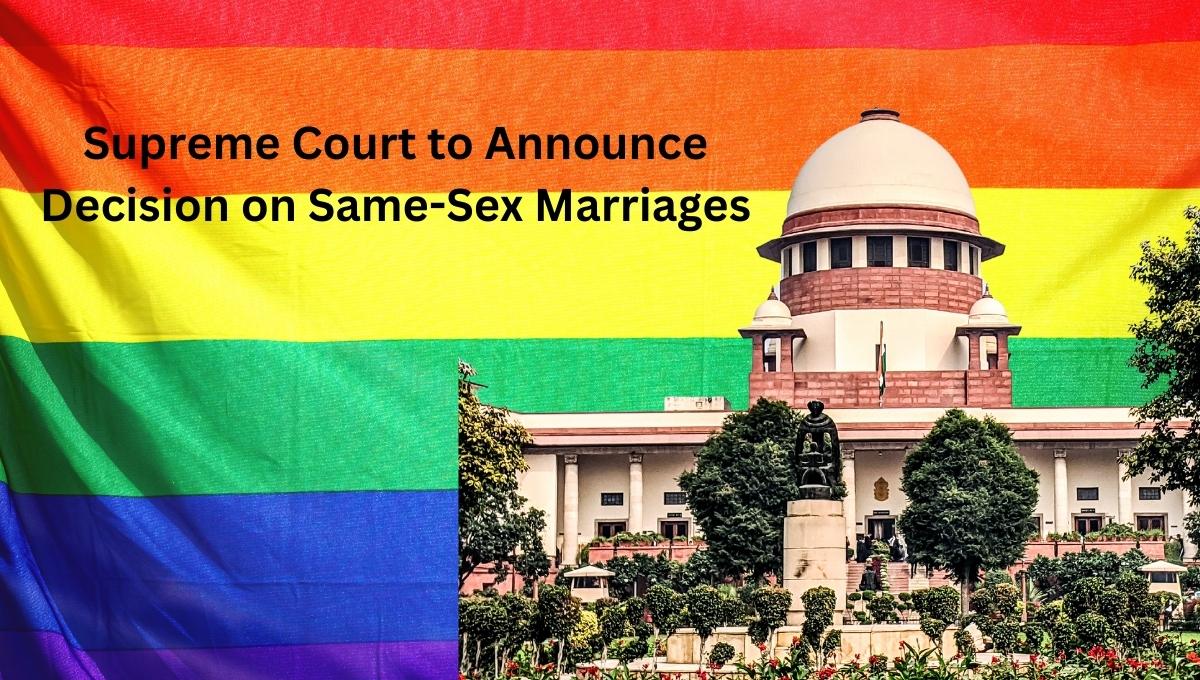New Delhi: The nation’s eyes are set on the Supreme Court today as it prepares to pronounce its much-anticipated verdict on the legality and recognition of same-sex marriages in India. A Constitution Bench, led by Chief Justice of India (CJI) DY Chandrachud and comprising Justices Sanjay Kishan Kaul, S Ravindra Bhat, Hima Kohli, and PS Narasimha, had reserved their decision on May 11 after extensive hearings spanning over ten days.
Specifications & Features:
- Historical Context: The judgment will determine the pleas seeking legal recognition of same-sex marriages in India.
- Key Developments During Hearings:
- The Court highlighted that the US Supreme Court’s decision denying a Constitutional right to abortion was not applicable in the Indian context.
- The individual’s right to adopt in India is independent of their marital status.
- Although recognizing same-sex unions is a prerogative of the Legislature, the government may need to ensure social, legal, and other benefits to same-sex couples without the tag of marriage.
- The Court emphasized that marriages in India enjoy constitutional protection and are not merely statutory.
- Courts should not base decisions solely on the sentiments of the younger generation.
- Prominent Advocates & Petitioners: Senior advocates including Mukul Rohatgi, Abhishek Manu Singhvi, Raju Ramachandran, Anand Grover, Geeta Luthra, KV Viswanathan, Saurabh Kirpal, and Menaka Guruswamy championed the rights of the LGBTQIA+ community, emphasizing their equal rights and need for recognition.
- Government Stance: The Centre has expressed reservations regarding legalizing same-sex marriages. They maintain that the legislative policy of India recognizes unions only between a biological man and woman. However, they have also proposed the formation of a committee to address concerns of same-sex couples without legalizing marriage.
LGBTQ+ activists and same-sex couples across the country remain hopeful and optimistic, eagerly awaiting a judgment that could ensure they lead a dignified life on par with heterosexuals.

